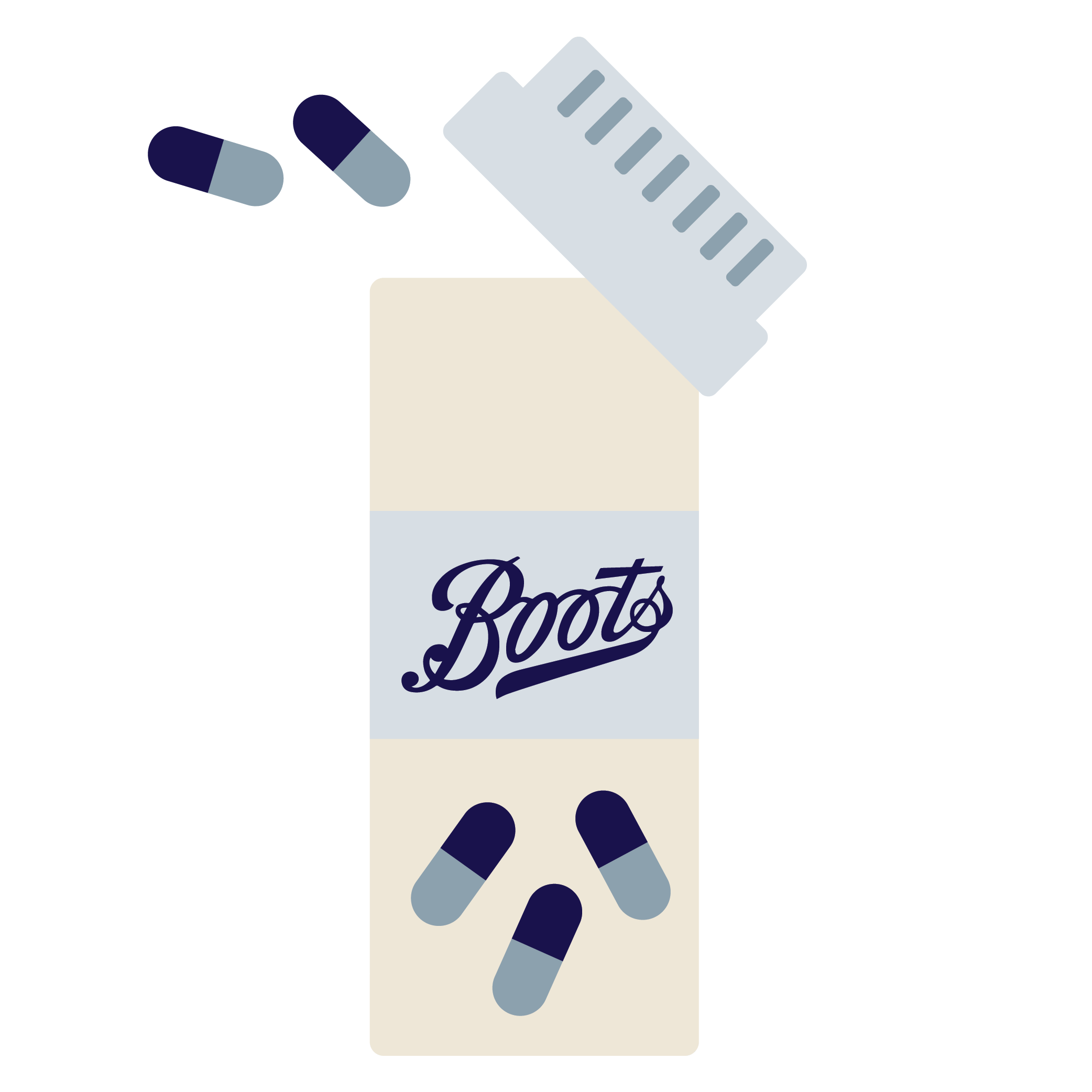
ANAPHYLAXIS — WHAT YOU NEED TO KNOW
What is anaphylaxis?
Anaphylaxis is a severe, life-threatening allergic reaction. It requires immediate medical attention. It can come on very quickly and is mostly triggered by a reaction to foods, medicines, or bee or wasp stings.

What are the symptoms of anaphylaxis?
Anaphylaxis symptoms include:
- Airway (A): swelling in the throat, tongue or upper airways (tightening of the throat, hoarse voice, difficulty swallowing)
- Breathing (B): sudden onset wheezing, breathing difficulty, noisy breathing
- Circulation (C): dizziness, feeling faint, sudden sleepiness, tiredness, confusion, pale clammy skin, loss of consciousness
Any one of these means you should use your adrenaline auto-injector and call 999.
You might have milder allergy symptoms alongside too, like an itchy throat or swelling of your lips. Even if you’ve had these before, take notice of the severe anaphylaxis symptoms above. Still use your auto-injector.
What causes anaphylaxis?
Anaphylaxis is caused by the body’s immune system overreacting to an allergic trigger.
Some common triggers include:
- Foods – particularly nuts, milk, eggs, shellfish and some fruits
- Medicines – such as some antibiotics or non-steroidal anti-inflammatory drugs (NSAIDs) like aspirin
- Insect stings – particularly bee or wasp stings
- Latex – found in gloves and condoms
What can I do to protect myself?
If you have a serious allergy, you should try to avoid any identified triggers. Always read labels of medicines and if foods are a trigger, carefully read ingredients and make your allergies known to waiting staff when ordering food out. If insect stings trigger a reaction, wear insect repellant and don’t walk around barefoot.
Make sure you always carry two adrenaline auto-injectors (anaphylaxis treatment) with you at all times and make sure you know when and how to use them. Instruct someone you’re with on how to use them in case of an allergic reaction.
Am I at risk if I also have asthma?
If you have asthma, it could increase the severity of your allergic reactions. It’s important to make sure your asthma is well managed.
Some of the symptoms of anaphylaxis are similar to those of an asthma attack. If you’re not sure which one you're having, you should use your anaphylaxis treatment first and then your asthma medicine.
Page last reviewed by: Dr. Christina Hennessey 21/06/2021

